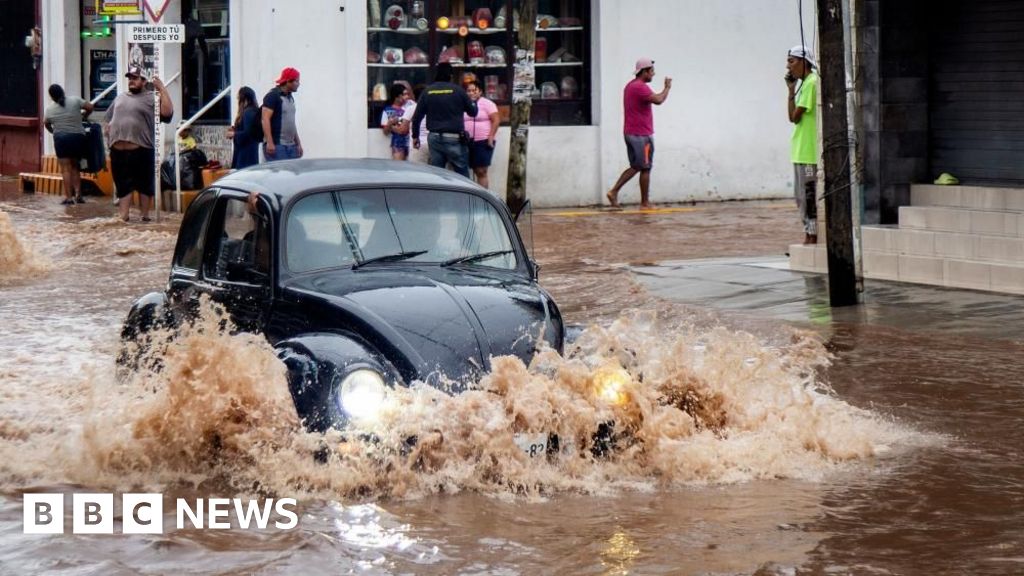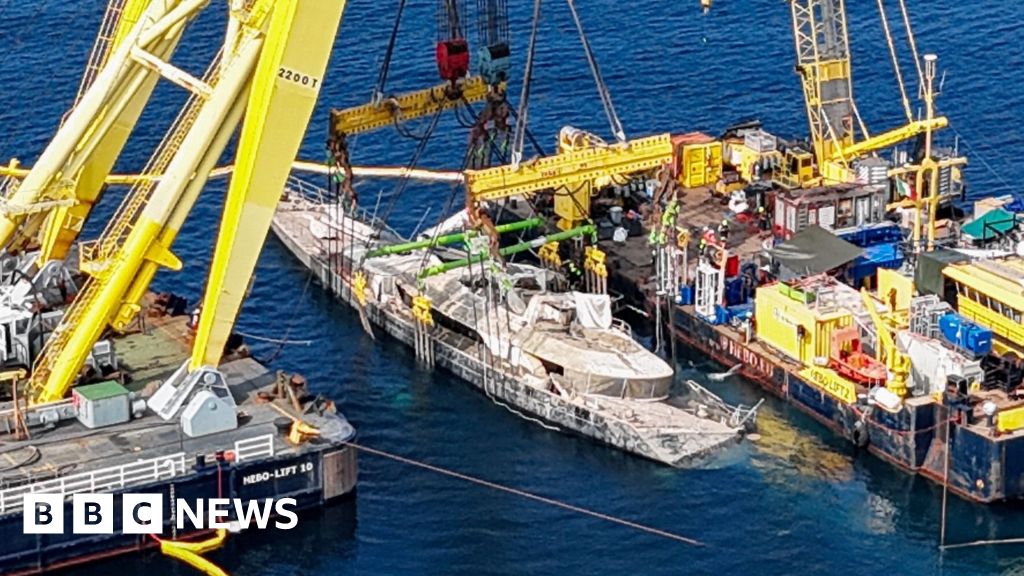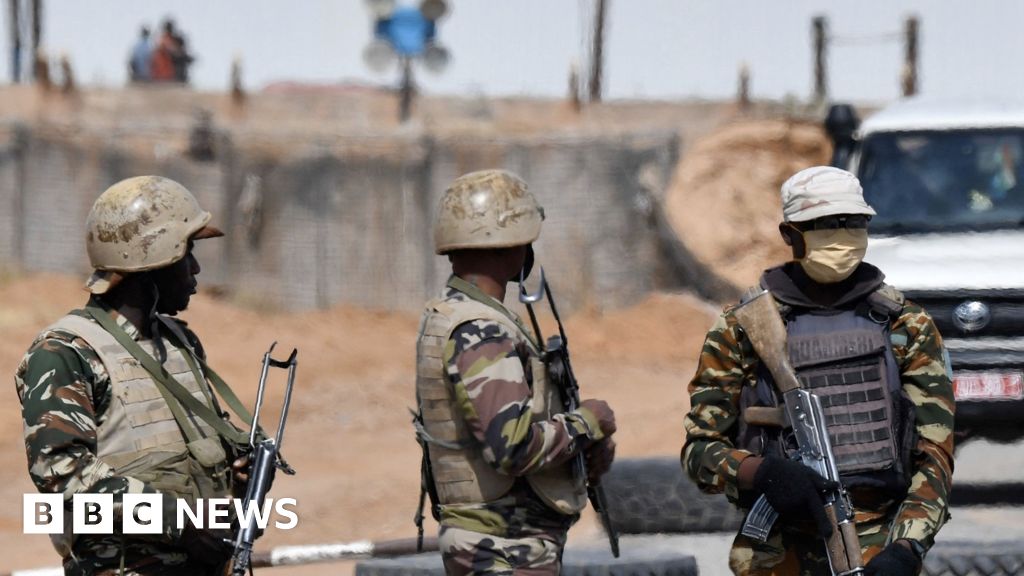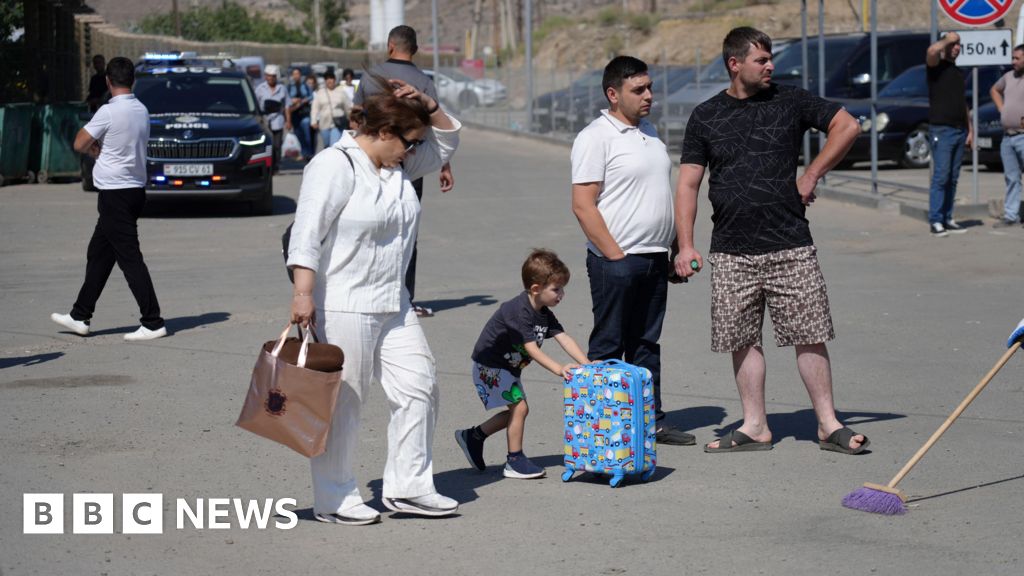Paramilitary forces killed more than 100 civilians in an attack on a city in southern Sudan on Thursday, according to an association of doctors, in the latest accusation of a large-scale atrocity of the country’s civil war.
Communication with people in the city, Nahud, was largely cut off starting on Thursday, and the group’s claim could not be independently verified. Al Hadath, a Saudi news channel, said that 230 civilians had been killed, while Al Jazeera reported 19 dead and 37 wounded.
The paramilitary fighters, called the Rapid Support Forces, said on Thursday that they had attacked Nahud, which had been held by the Sudanese military along a highway connecting territory it holds with Darfur — a western region that has become a stronghold for the Rapid Support Forces.
At least 542 civilians have been killed in the region in just three weeks, the U.N. human rights chief, Volker Türk, said on Thursday, adding that the real toll is likely much higher.
“The horror unfolding in Sudan knows no bounds,” he said in a statement about the war. “My fears are all the greater given the ominous warning by the R.S.F. of ‘bloodshed’ ahead of imminent battles.”
The Sudanese military drove Rapid Support Forces fighters out of Khartoum, the country’s capital, in March, but since then the paramilitary group has declared its own government in the areas that it controls, and pressed a major offensive to seize all of Darfur.
The doctors’ group, the Sudan Doctors Network, said that Rapid Support Forces fighters had carried out a “large-scale massacre” in Nahud on Thursday night, with 21 children and 15 women among the dead. The group said that the troops had also looted a medical supply warehouse, markets, pharmacies and a hospital.
Abdallah Almana, a 29-year-old outside Sudan, said he had been desperately trying to reach his father in Nahud on Friday. “Yesterday, it was possible to reach out to people,” he said, “but today, everything just disappeared.”
He said that he had heard of people breaking into houses and looting vehicles, and that he had a cousin, who worked as a driver in the market, killed by a “random bullet.”
Videos circulating on the social media appeared to show at least one prominent Rapid Security Forces commander leading attacks in the city.
The assault “stripped the city of its last means of health care and halted medical services for many patients and injured individuals who rely on them,” the group said on social media.
The toll did not include military personnel, and was likely to rise, the group added.
The Sudan War Monitor, a group of journalists and researchers who track the civil war, now it its third year, said that the Sudanese military had lost the city on Thursday, leaving it without a key hub to push into Rapid Support Forces territory in Darfur.
A Sudanese military spokesman, Nabil Abdallah, denied that Nahud had fallen to the Rapid Support Forces and said the military still controlled the city, according to the war monitor.
Thursday’s attack came as the Rapid Support Forces pressed its long siege on El Fasher, the last major city in Darfur that the it does not control, and as the Sudanese military and the Rapid Support Forces face new accusations of atrocities.
Last month, aid groups and the United Nations said that Rapid Support Forces fighters killed the entire staff of a medical clinic in a famine-stricken camp in Darfur, killing hundreds and forcing as many as 400,000 others to flee the camp.
Despite the Rapid Support Forces withdrawal from the capital and the urging of officials like Mr. Türk, of the U.N., and others, many diplomats and aid workers believe that the war’s end is far from sight.
The war began as an alliance between the military and the Rapid Support Forces crumbled in 2023. The paramilitary group’s declaration of a parallel government, in the western and southern regions it controls, has raised fears of a long-term partition of the vast African nation along the lines of the disastrous split in Libya since 2011.
Source link
















